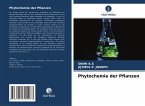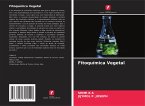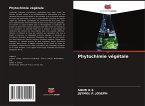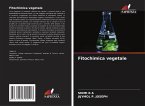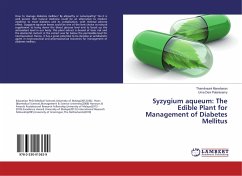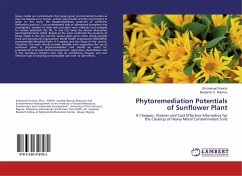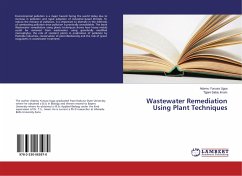The frequent use of systemic insecticides to manage insect pests leads to a destabilization of ecosystem and enhanced resistance to insecticides and pests suggesting a clear need for alternatives. In addition, increasing documentation of negative environmental and health impact of synthetic insecticides and increasingly stringent environmental regulation of pesticides have resulted in renewed interest in the development and use of bio insect management products for controlling mosquitoes and pest. The present study is aimed to analyse the percentage yield of extracts of both plants in three different solvents,Ethanol, Methanol and Water through percolation extraction. It is aimed to study the presence of primary (carbohydrate& protein) and secondary metabolites (Alkaloids, Terpenoids, Flavonoids, etc) in all three extracts of both plants through various standard chemical reactions. It is also focuses on the larvicidal activity of two weeds (Eichhornia crassipes (Mart.) Solms. andMikania micrantha H.B.K. ) against mosquito larvae.


